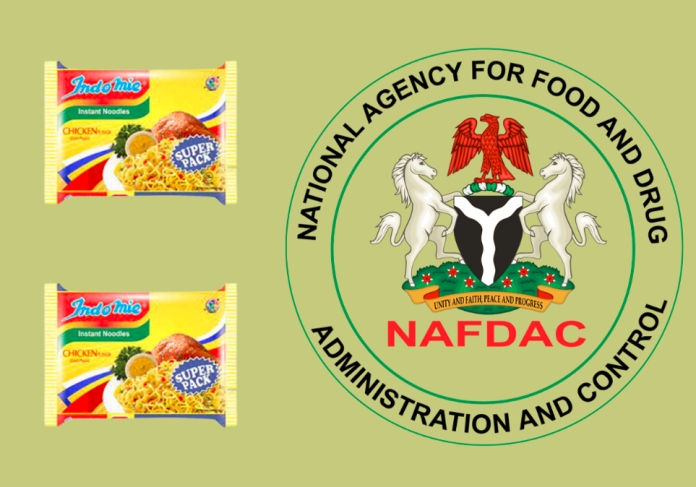News in brief: NAFDAC is testing random Indomie samples and visiting factories after Malaysian health officials detected ethylene oxide in the company’s Special Chicken Flavour brand.
Nigeria’s food agency, NAFDAC, has announced that it will start testing random samples of Indomie, a popular noodle brand in the country. Its announcement comes after shocking news from Malaysia and Taiwan about the discovery of a cancer-causing agent called ethylene oxide in its products.
Following the initial news, there was an uptick of interest in the topic. According to a social tracker, there were an unusual 201,000 Google searches for Indomie during the period. Now, the federal agency has come into play.
Ethylene oxide and cancer
Malaysian and Taiwanese health authorities claimed that they found the erring agent in the brand’s Special Chicken Flavour.
Ethylene oxide is used for its high sterilising properties. Although it is highly regulated, it is arguably safe to use in trace amounts, at least that is what the US EPA said in January 2022 about short-term estimated levels in the air.
However, in high levels, it can be harmful to humans. Besides it being carcinogenic, it can also cause respiratory problems and skin irritation.
The agent appearing in a particular type of Indomie is not strange as it is not a main ingredient in making the noodle. Instead, it’s usefulness in killing bacteria, virus and other microorganism in spices and dried herbs is what makes it important to the food maker.
Are Nigerians safe?
As the DG of NAFDAC, Prof. Mojisola Adeyeye, said, the Indomie noodles in Nigeria are locally made and the variant under scrutiny is not available in the country. However, the agency wants to be cautious. Hence, its extra step in sampling the products within its borders.
“What we are doing is an extra caution to ensure that the product is not smuggled in, and if so, our post-marketing surveillance would detect it. We also want to be sure that the spices used for the Indomie and other noodles in Nigeria are tested,” she said.

Adeyeye added that the agency’s Food Safety and Applied Nutrition (FSAN) and Post Marketing Surveillance (PMS) teams will visit the company’s production facilities.
Meanwhile, on the other side of the divide is Dufil Prima Foods Plc, the company making Indomie in Nigeria. It also produces cooking oil Power Oil, snack Minimie ChinChin, and more. In a statement attributed to the company, it promised that its Nigerian products were not imported from Malaysia or Taiwan.



